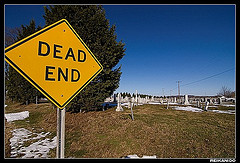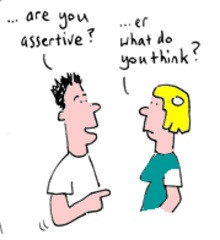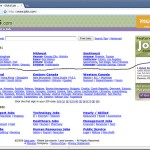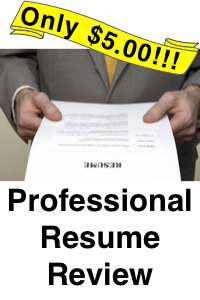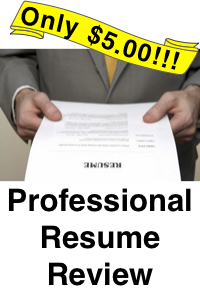 Are you searching for a new job? Writing a CV is a hard thing to do. With so many people sometimes going after the same job as you, having a well-presented CV could make you stand out and put you ahead of other candidates. This is your first chance to get an employer’s attention so you want to make it count.
Are you searching for a new job? Writing a CV is a hard thing to do. With so many people sometimes going after the same job as you, having a well-presented CV could make you stand out and put you ahead of other candidates. This is your first chance to get an employer’s attention so you want to make it count.
Read on for some helpful hints on how to make your CV stand out from the rest.
1. Do your research
One of the most important things to do first is to do your homework on the job you are applying for. Make sure you know and understand the job description. Know what the employer is looking for in terms of experience and qualifications. Requirements vary from job to job, so make sure your CV is up to date and reflects the job you are applying for.
2. Keep it short
The last thing an employer wants to do is shuffle through loads of pages of things that aren’t relevant. If a CV is large and over-the-top, chances are it will get put aside and not even looked at. Try to limit your CV to 2 or 3 pages.
3. Spelling and Grammar
Ensure your CV is free of mistakes. Spelling, punctuation and grammar errors can make a CV look substandard and reflect badly on you. If you need to, get someone else like a friend or family member to look over it. A fresh pair of eyes can often spot errors you may have missed.
4. Presentation
Stick to one font and use it throughout. Make sure it is easy to read like Helvetica, Times New Roman or Arial. Avoid fancy headings or shading.If it is easier on the eye, it is more likely to actually be read. Pay attention to the layout and make sure it is even throughout. Be consistent. If you put the date as a three-letter abbreviation on one line, make sure you use the same format the next time you write a date. Make sure the layout is evenly spaced.
5. Experience
Focus on what you can do (relative to the job), and include any experience, qualifications and skills that you have and can bring to the job. Don’t forget to add any training that you have had. Put the most relevant and important points first. Don’t misrepresent yourself, as if you do succeed in getting the job, you will eventually get found out and most likely be looking for another job.
6. History
Include your career history starting with the position(s) you held then on the next line add the company name and location, and dates you worked there. Remember to put it in reverse chronological order. Leave a space then use bullet points to list your roles and responsibilities within those positions. Take into account the research you have done for the job you are applying for as this may make a difference to the way you write your career history.
7. Your Profile
Write your profile as a ‘third person’. If you write as the first person it can come off as sounding a bit bigheaded. When you use the third person, it sounds like someone else is presenting you and your qualities. Describe your work ethic, your major qualities and what you are like as a person. Keep it to about 5-7 lines and don’t forget that you are trying to sell yourself. Be sure not to mention that work accident claim you had.
8. Achievements
Are there any special accomplishments in your personal life or your career? Any awards you have received? They don’t have to be specifically dated, but add these in and use bullet points for emphasis. This is your time to impress and make you stand out so use it well.
9. Words
Don’t use slang or jargon in your CV and avoid abbreviations. Try using ‘action’ words to describe your skills such as organised, supervised, determined, industrious, efficient, proactive, motivated, knowledgeable, etc. Make sure that you understand the meaning of any words you use. Consult a dictionary if unsure.
10. Up to date
Make sure your CV is kept up to date. If you want an employer to contact you then you need to have your correct address and phone number. Put your email address on your CV also.
Other points worth remembering:
- List your higher education and school results,
- Include any foreign language skills,
- Add your interests but not ALL of them
- Don’t put down banal interests
- Don’t give references – save these for the interview
- Don’t include any mention of salary
- Don’t add details about your religion, children, marital status or political views
If you have some spare cash, it could well be worth investing in a professional to help you write your CV. Don’t forget to also check online for any further tips to help you land that job you’re after.
Cormac Reynolds writes a variety of career advice articles for a number of blogs and recruitment sites.
For more career tips, check out these posts:
 Social Media and Employment |
 Stop Auditioning for Jobs! |
|---|
| Join Us On Twitter: |
|---|
 |
|---|
| Like Us On Facebook: |
|---|
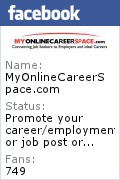 |
|---|

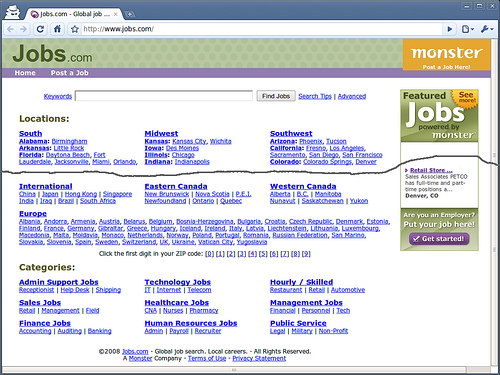







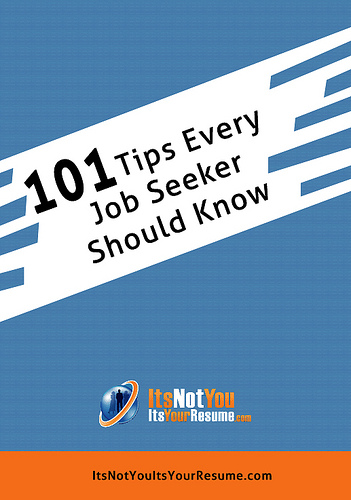



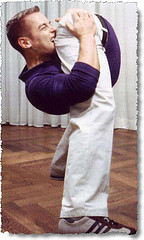
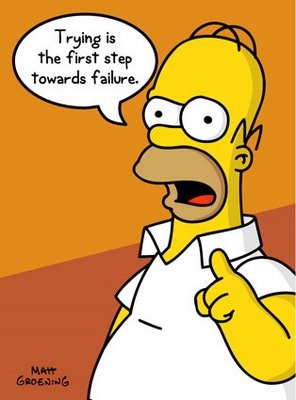

![Higher Learning Leads to Higher Earnings, Especially for Men [InfoGraphic] Higher Learning Leads to Higher Earnings, Especially for Men [InfoGraphic]](../4022/4340939642_374fbff6e3_m.jpg)
